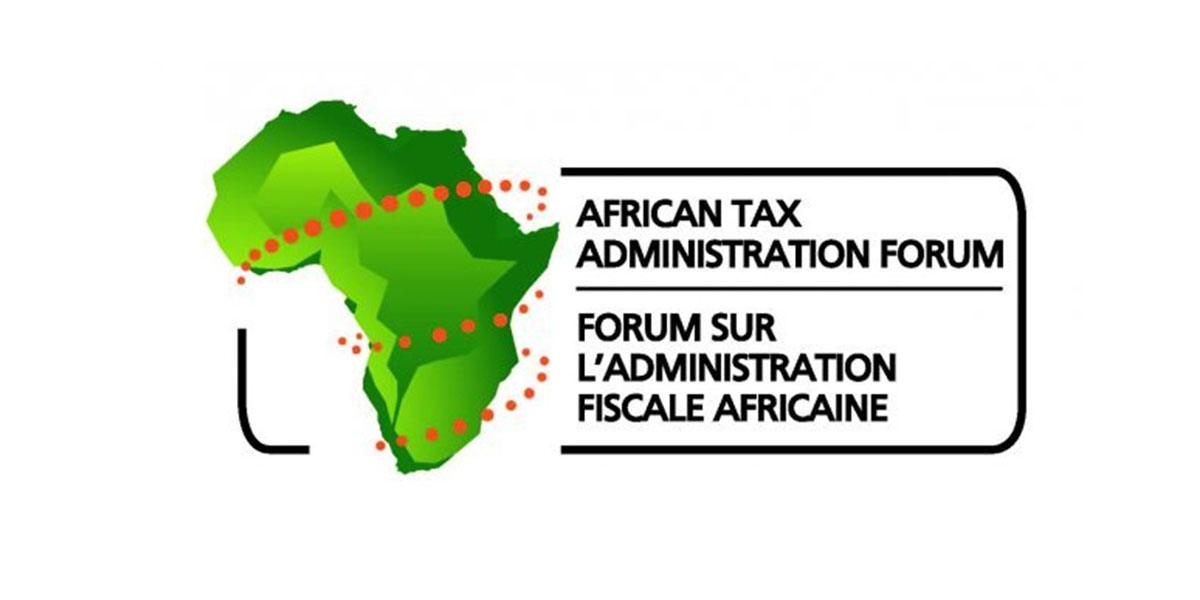On 1 July 2021 the African Tax Administration Forum (ATAF) issued a statement on the OECD/G20 two-pillar solution to address the tax challenges arising from the digitalization of the economy and its implications for Africa. ATAF has actively participated in the discussions and has been providing technical support to its members.
Pillar One
In relation to Pillar One ATAF had made a proposal for the reallocation of MNE profits to be calculated as a portion of their total profits rather than residual profits, but this has not been taken up by the OECD in its latest announcement. Also the OECD has agreed to allocate between 20% and 30% of residual profits to market jurisdictions, but ATAF considers that at least 35% of residual profit should be allocated to the market jurisdictions.
ATAF had recommended an elective binding dispute resolution mechanism for African countries with limited capacity and a low level of mutual agreement procedure (MAP) disputes. However the latest OECD proposal only considers providing an elective binding dispute resolution mechanism for issues on Amount A for developing economies that are eligible for deferral of their peer review in relation to BEPS Action 14 (improving dispute resolution procedures) review and that have low levels of MAP disputes.
Pillar Two
ATAF and the African Union are proposing a global minimum tax rate of at least 20% instead of the proposed 15%. This higher rate would better protect African tax bases by reducing profit shifting by multinationals.
Under the subject to tax rule (STTR) source countries would be able to charge a top-up tax in respect of specific types of intragroup payments made to other group companies, in situations where the recipient country has a nominal tax rate that is less than the minimum tax rate. The payments to which the STTR would apply would be interest, royalties and franchise fees or other payments for the use of intangibles in combination with services; insurance and reinsurance premiums; guarantee, brokerage, or financing fees; rent or payments using moveable property; and payments for marketing, agency, or other intermediary services.
The ATAF statement requests the OECD to broaden the scope of the STTR to include interest, royalties, capital gains and all service payments instead of only interest, royalties and the other specified payments currently agreed on.
Summary
The ATAF statement therefore calls for a more equitable tax allocation and measures that will limit the illicit financial flows from Africa. The statement also expresses concerns about the impact of the rules on countries that are not members of the Inclusive Framework and the impact on countries that are members of the IF but choose not to adopt the rules. Only 24 African countries are currently members of the IF, and of these Angola, Congo (Dem Rep), Kenya and Nigeria have not yet joined the countries that are agreeing the rules.












